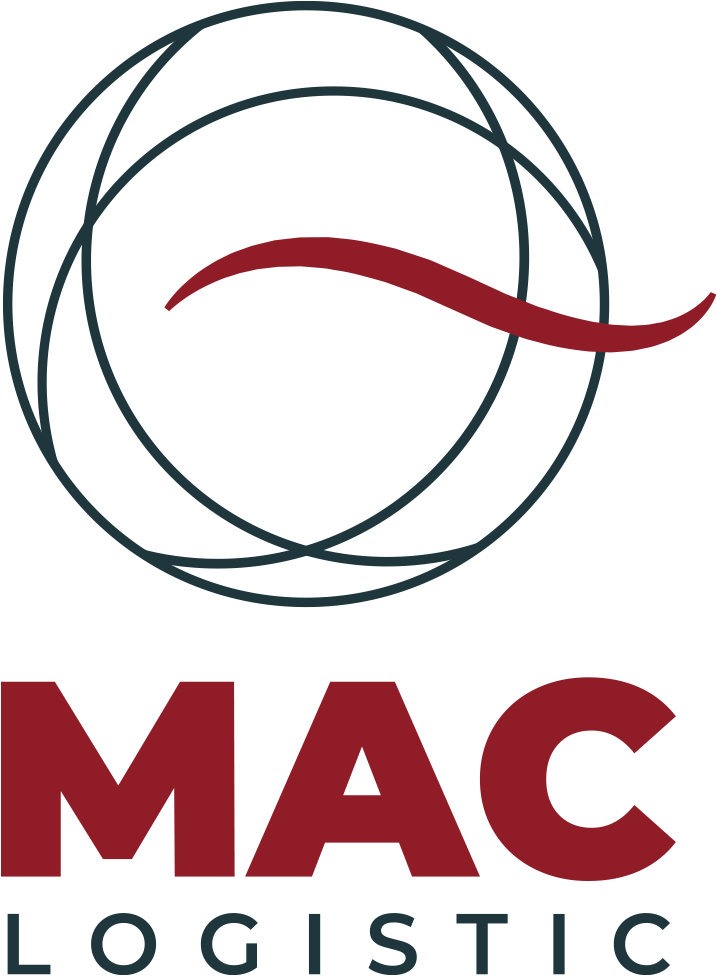
In recent times, ESG has been shaping the principles of company-customer relations, but what specifically does this acronym stand for and how does it help to innovate in these relationships? ESG stands for “Environment, Social and Governance” and represents the three main pillars for a company’s solid relationship with the environments in which it participates and shapes good business practices in its business.
Highly valued by the market, the pillars that govern ESG help to innovate client relationships with a company that is more transparent and concerned about the way it acts in social, environmental and governance causes, thus making organizations less susceptible to external risks, such as fines and sanctions, as well as alerting the market that the company is concerned about always improving the way it interacts with its clients.
E, for Environment, deals with the organization’s relationship with the environment, even in creative economy companies, is always an important pillar, even more so in times of immense global change. Innovating using ESG at this stage is very important, as the search for cleaner, more sustainable alternatives and more efficient waste disposal can be extremely difficult for certain companies that are not directly affected by environmental measures.
The S, for Social, is extremely important for its internal and external public, as it deals with the company’s social principles and how it deals with its entire audience. Valuing its employees through mental safety and good working conditions are just some of the basics of what can be achieved in this area, with companies always seeking to innovate using ESG and find new ways to increase the organization’s involvement in society, since no matter how small the company, it always has a transformative role in the community.
Finally, G, Governance, governs the company’s good practices with the market and is where the greatest number of ESG innovations take place. An organization with clear governance and transparency policies, with institutional policies that help guide all relations with its public, combating fraud and guaranteeing a moral and ethical stance in its business, regardless of its clients, valuing corporate responsibility and fairness in its relations is necessary for a good reputation in the modern world, and seeking to innovate with ESG every day helps in this stage of the organizational process.
ESG can be used in various ways to adapt your organization to the modern perception of the market, but not only that, it also helps your company to grow internally, caring about the environment, your employees and your customers.




